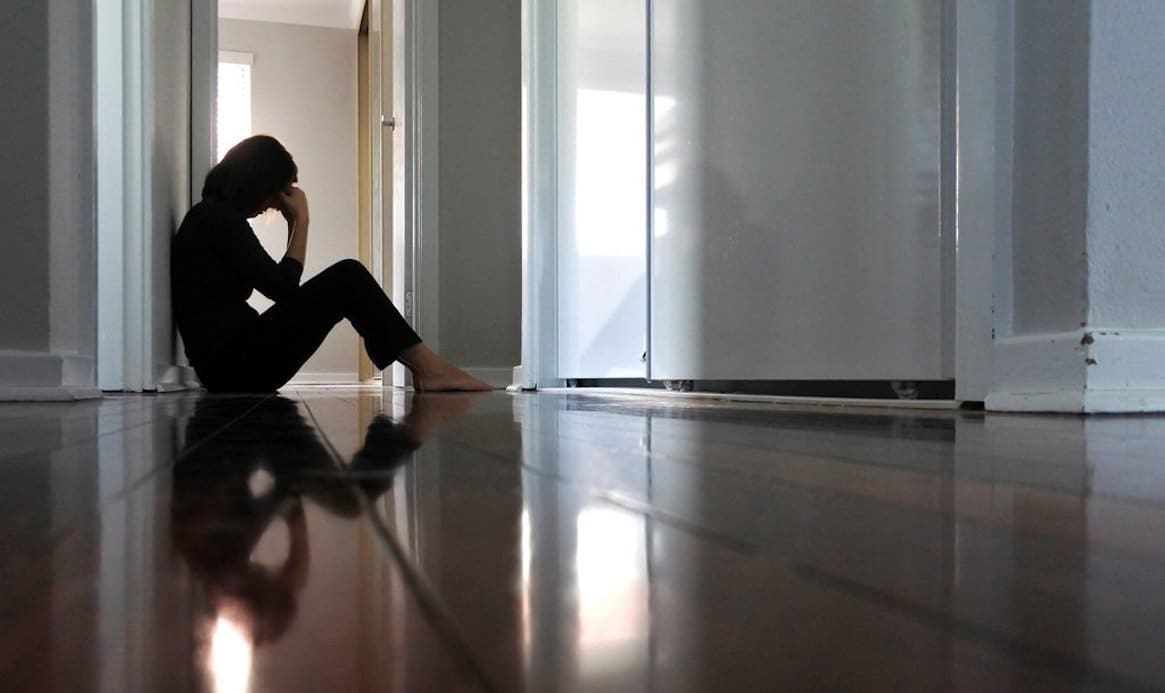There are many theories that seek to understand what makes depression twice as more common in women than men. Some experts believe that women are more likely to be diagnosed, thus skewing the numbers, simply because men may not be as willing to seek help for mental disorders.
Mood changes and depressed feelings naturally occur with hormonal changes in men and women, but these changes are not solely responsible for depression. Other biological factors, inherited traits, and the circumstances and experiences of an individual’s life are associated with a higher risk of depression.
Elements that May Make Depression More Common in Women
There are a number of reasons that may make depression more common in women than in men. Some aspects are completely unique to women, like depression related to pregnancy, and some may simply be more pervasive in women.
Genetics
Studies of identical twins suggest that major depression can be linked to genetics. In fact, about 40% of the risk for contracting major depression may be linked to family history. Women may be the unlucky recipients of a genetic mutation that is associated with the development of severe depression.
Hormones
Throughout the course of their lives, women’s hormones fluctuate much more than men’s. This is especially true during puberty, childbirth, and menopause. All three life events are associated with an increased risk of developing depression.
Puberty
The hormonal changes that go along with monthly menstruation may accompany mood changes that are similar to those that occur during a depressive episode. Researchers have speculated that the fluctuations in estrogen may contribute to depression being more common in women during their lifetimes, and that the initial onset during the early teenage years.
Puberty may be associated with other experiences that are associated with depression in women such as family conflicts, identity issues, and pressure to achieve. Because girls typically reach puberty at an earlier age than boys, they are more likely to develop depression at an earlier age as well.
Pregnancy
Pregnancy is a time of dramatic hormonal changes for women which can affect their mood. Other issues may also increase a woman’s risk for developing depression during pregnancy, including:
- Challenges within personal relationships
- Lack of adequate support during the pregnancy
- Previous episodes of depression or postpartum depression
- Whether the pregnancy was unintended or unwanted
- Stopping the use of antidepressant medications during pregnancy
- Infertility or inability to become pregnant
- Suffering a miscarriage
During pregnancy, a woman may adapt to the hormonal fluctuations within her body, but after giving birth, the abrupt change may have a severe impact. Many new mothers feel sad and irritable after giving birth. They may experience unexplained crying spells as well, which is considered normal postpartum behavior. Postpartum depression is a much more serious and longer lasting condition that occurs in 10 to 15 percent of new mothers.
Postpartum psychosis is a much rarer condition that may develop in women within the first week after a delivery. The symptoms are often severe and may lead to life-threatening behaviors and therefore should be immediately treated. Some of the signs of postpartum psychosis include:
- Hallucinations
- Obsessive thoughts about the baby
- Mania and agitation
- Paranoia
- Attempts to harm themselves or the baby
Menopause
Estrogen levels are significantly reduced during the time of menopause, which increases the risk of major depression. Many women who go through menopause do not develop any form of depression, but factors like anxiety, stress, and a history of depression may increase the risk.
Stress
The circumstances of a woman’s life and cultural stresses also play an important role in mental health. Additionally, women are more likely than men to say that they are stressed, and are more likely to become depressed in response to stresses. Women are more likely to experience specific types of stressors, such as sexual and physical abuse and domestic violence.
Traumatic experiences can leave a mark on an individual’s mental health, but day to day experiences can also take a toll. Women are more likely than men to live in poverty, and single mothers with young children who experience economic hardship may become depressed and overwhelmed. These women may be uncertain about the future and their access to resources like healthcare. Women may also be stressed by their workload in and out of the house, as they are typically the primary caregivers of children, regardless of whether or not they have full-time jobs.
TMS Can Help Both Men and Women With Depression
Scientists have determined that there are a number of factors that make depression more common in women than men. Transcranial magnetic stimulation (TMS) is a non-invasive treatment performed on patients with depression while they’re awake. It’s fast, painless, and proven to be effective. TMS works equally well in both women and men.
Contact Mid City TMS Today
Mid-City TMS is a New York TMS center that provides comprehensive depression treatments. Learn more about our New York TMS treatments and contact us today to discuss how to use TMS to treat depression.



